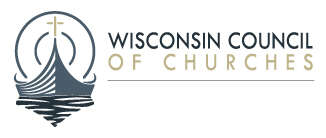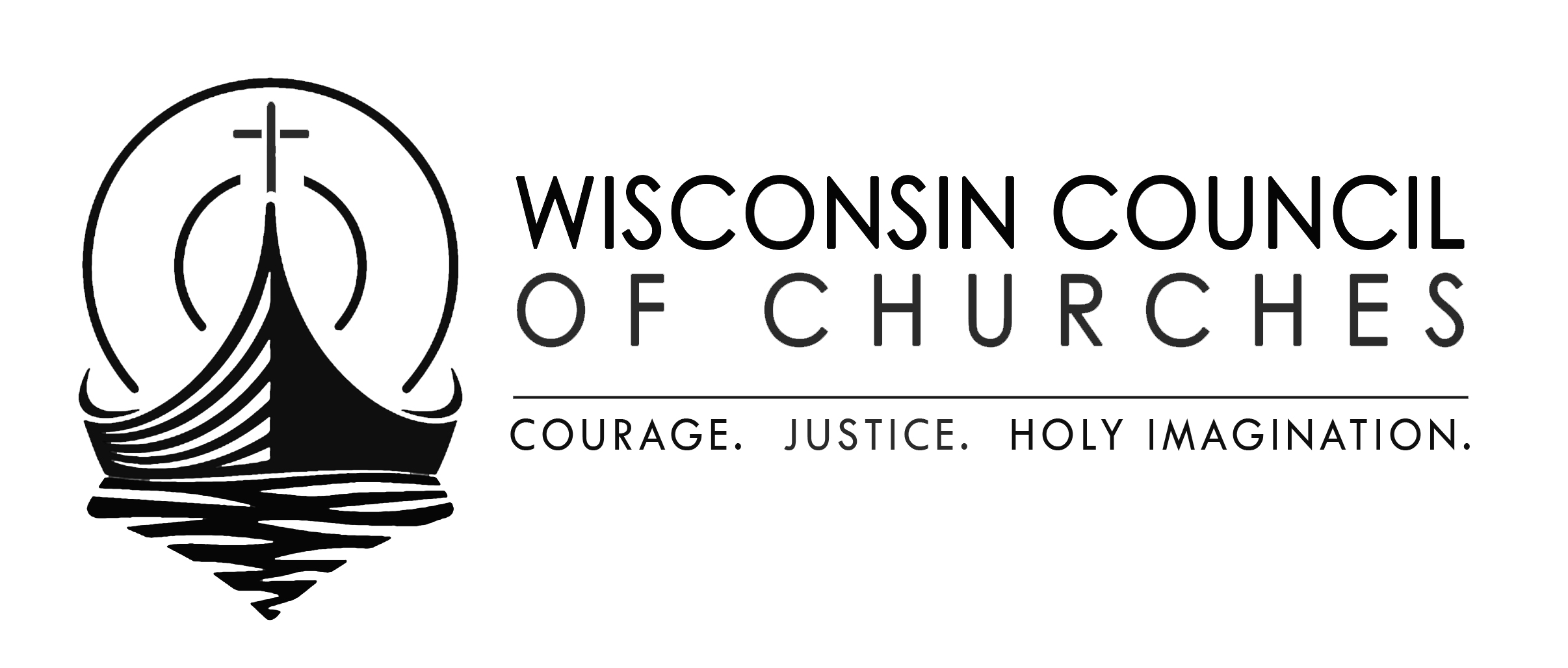Be prepared, again
Let’s get coordinated
Want to do some immediate good and help get ready for the next pandemic or public health emergency? Become a VOAD!
The Long Version
Back on June 14th, I talked about building trust and connection between the world of faith communities and public health institutions. It’s a necessary component of preparing for the next pandemic or major health crisis. That is at least the theory we at the Community Health Program will be working off for the next year.
Some of that work is good old-fashioned dialogue: we need to get the two sides talking to one another.
But a lot of it is practical: we need to get the two sides working together.
HERCs
A good way to do that is to connect what are known as the Wisconsin HERCs, or Healthcare Emergency Response Coalitions. There are seven HERCs around the state, made up of “hospitals and healthcare organizations, local and tribal public health agencies, state, regional, and local and tribal emergency management, and emergency medical services,” among others.
A HERC’s primary goal is to help their regions be prepared for a disaster, respond to one as it happens, or recover from one after the fact.
I’ve spoken to the HERC coordinators a few times in the past year. They highly value partnerships with churches and other faith communities. Churches know the community, are situated in it, and can tap volunteers in an emergency.
VOADs
The HERC coordinators suggest faith communities sign up to be a VOAD, or Volunteer Organization Active in Disaster. In particular, they’re interested in churches who can provide:
-
- Volunteer management
- Donation management
- Staging location/Sheltering
- Clean-up
They also appreciate congregations that connect with their local EMT service. Particularly in rural areas, that can be an important part of infrastructure.
Despite the name, VOADs aren’t strictly limited to tornado or blizzard responses. For example, some organizations were recruited through the VOAD system to help with Afghan refugee resettlement.
Whatever the work, it’s a way to connect with public health and health providers in your area. And yes, it’s a way to be prepared for the next big thing. It’s also a concrete, hands-on way for faith communities to make an immediate contribution. I probably don’t need to spell out for faith leaders how important that is.
The WCC’s Community Health Program may start recruiting churches for the VOAD program. If you’d like to beat us to the punch, you can get more information or sign up to be a VOAD. Or, drop me a line if you’d like to find out about specific needs in your area. I’ll connect you to the HERC Coordinator in your area.
Like I keep saying, the only way to be better prepared for the next emergency is to do it together. This is a pretty simple and straightforward way to do just that. Better yet, it happens in partnership with some great people in your neighborhood.
The Links
-
- Last week, I suggested that people dig out their masks to protect against smoke from wildfires drifting into our area. Turns out COVID masks aren’t all that effective against smoke! The fine particulate matter we saw in the air last week (literally) is small enough to pass through a COVID-safer mask. That doesn’t mean they’re worthless, however. An N-95 or KN-95 will stop larger particulate matter, which often goes along with smoke. So if you do use them, keep an eye out for symptoms like coughing, heart palpitations, shortness of breath, or unusual fatigue.
- While we’re on the subject, it also seems to be the case that poor air quality can trigger anxiety and depression. Just another reason to check in on and be good to one another.
- Need help communicating about RSV and the new vaccine for it? The Public Health Cooperative has you covered.
- A special message for those of you in the Appleton or Outagamie County areas: Our partners at the Multicultural Coalition are collecting help for a distressed trailer park heavily populated by Hispanic and Latino families. They are in particular need of food, adult pull-ups, and toothbrushes. You can bring donations to 2000 S. Memorial Drive, Appleton 54915. Or contact me and I’ll put you in touch with the Multicultural Coalition.




